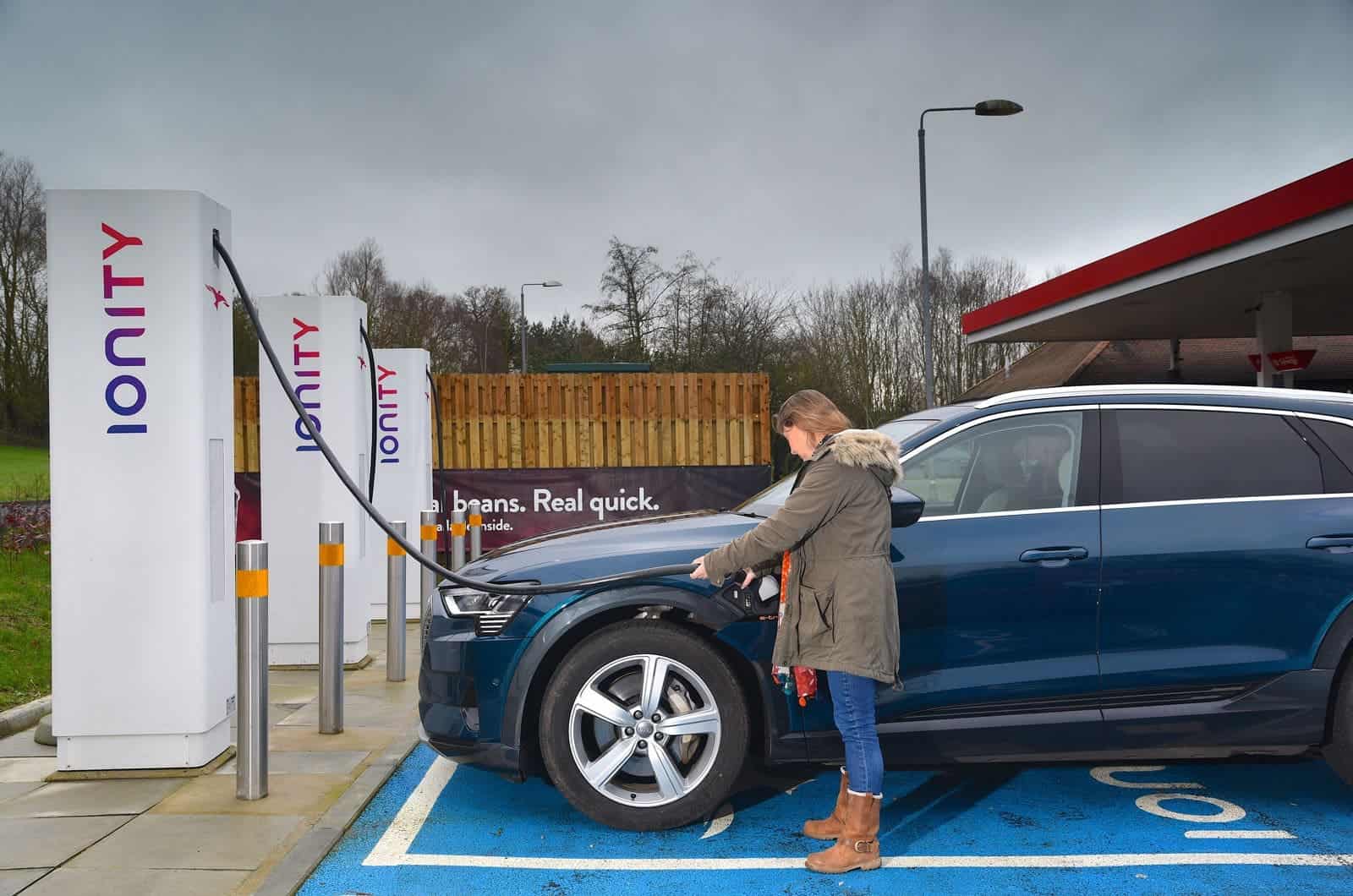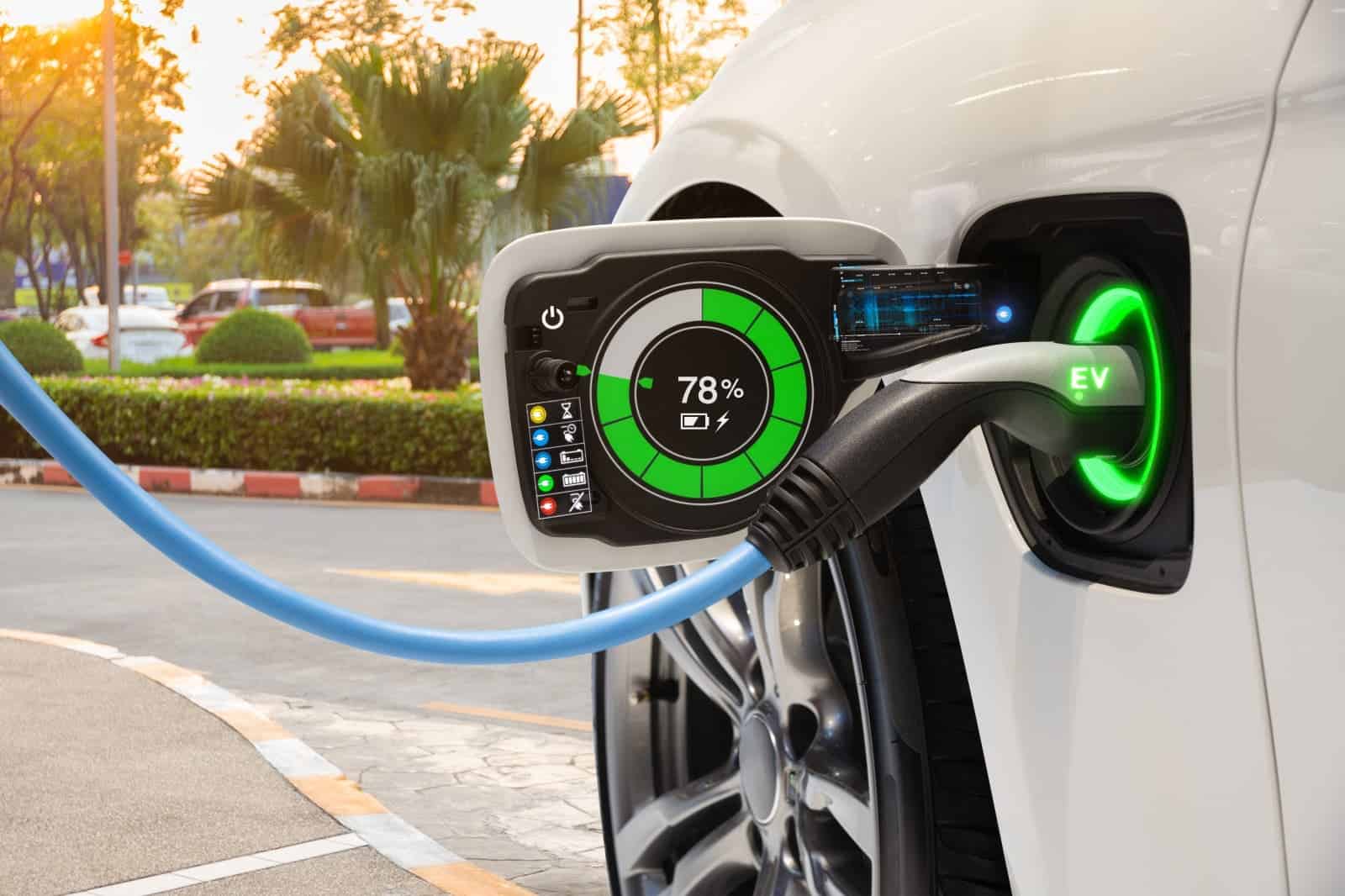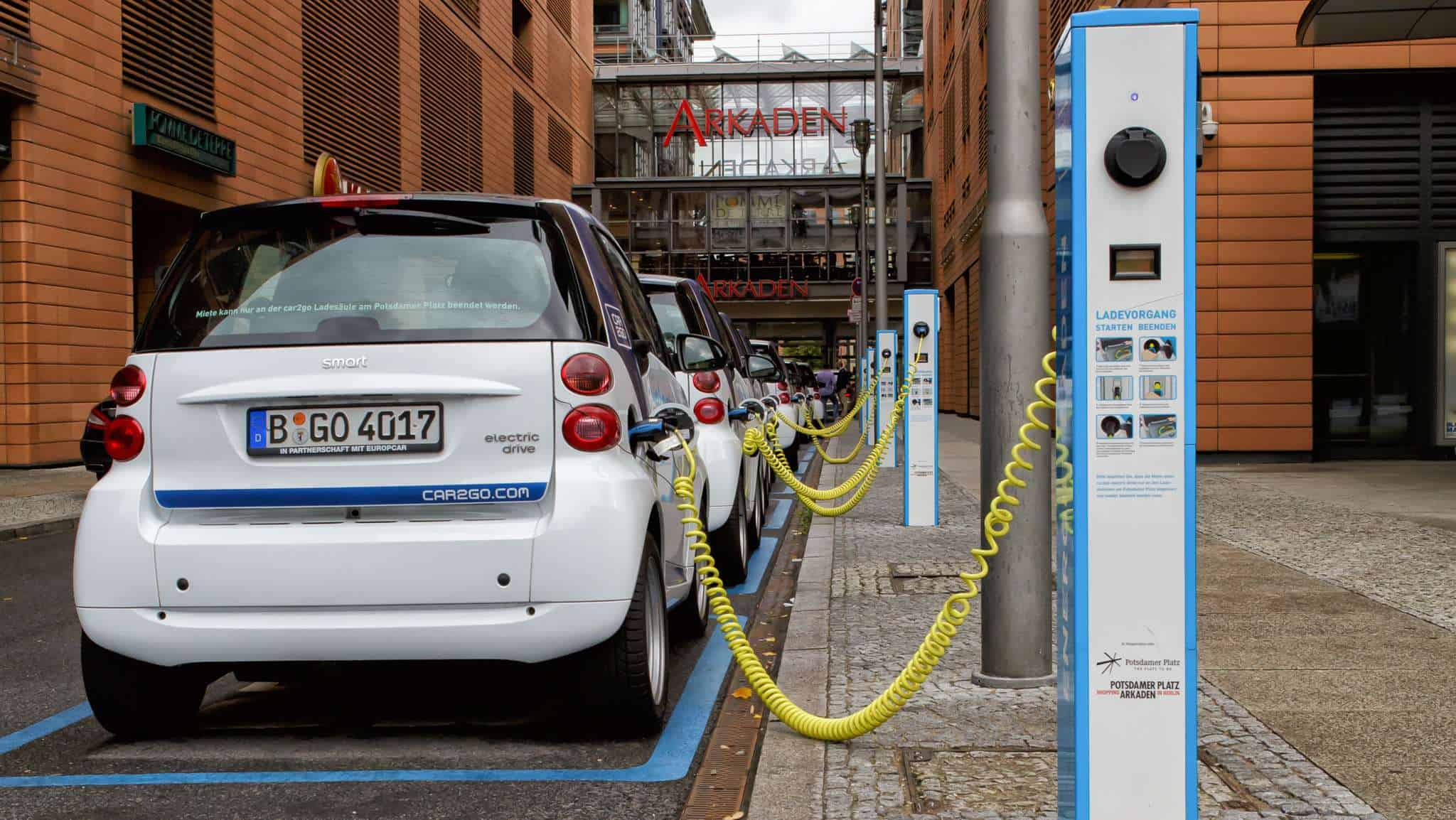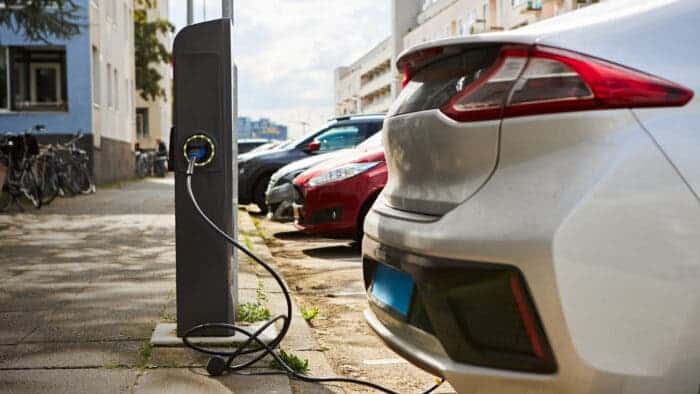Electric cars are becoming increasingly popular and now outsell diesel cars in several countries. While their prices remain higher than equivalent thermal models, a study by the Swiss Touring Club shows that electric vehicles are cheaper to own and work over their lifetime.
The study compared the total cost of ownership of five popular electric and petrol cars in Switzerland over 10 years. And mileages of 75,000 km, 150,000 km and 300,000 km. It accounted for fuel costs—0.27 Swiss francs (0.22 euro) per kWh for electricity. And 1.78 francs (1.73 euros) per liter of petrol—as well as purchase prices.
Why electric cars are cheaper than driving a petrol car?

Though fuel prices differ between countries, the study provides useful insights. It shows that petrol cars are not necessarily cheaper despite lower upfront costs. For example, a Volkswagen Tiguan Allspace petrol SUV costs 52,800 francs (48,200 euros). Over 10 years and 300,000 km, its owner will spend 44,860 francs (45,139 euros) on fuel. In contrast, a Tesla Model 3 will cost only 11,908 francs (11,982 euros) to charge over the same period, despite its higher 44,990 euro purchase price. Overall, the Model 3 is the cheapest car to own and run in the study. A Volkswagen ID.3 electric hatchback saves about 8,000 francs compared to a petrol Golf over 10 years. Though the Golf costs 5,000 francs less upfront.
Of the 10 models compared, a Volkswagen Tiguan Allspace has the highest operating cost at nearly 170,000 euros over 10 years. Due to 44,860 euros in fuel costs for 300,000 km. In contrast, a Tesla Model 3 costs under 12,000 euros in fuel for the same distance and period. A Tesla Model Y SUV has a similar cost-mileage ratio with slightly higher electricity costs of about 13,700 euros.
The comparison also favors electric models within brands. A Skoda Enyaq 80 electric SUV saves nearly 13,000 euros over 10 years compared to a Skoda Octavia diesel. Despite costing 10,000 euros more upfront.
The cost difference is smaller over shorter periods or mileages but still favors electric cars in most cases. For example, a Volkswagen ID.3 and Golf driving 150,000 km over 10 years differ in operating cost by 8,000 euros in favor of the electric ID.3. The study shows that drivers must keep electric vehicles for several years to benefit financially from their lower running costs. This conclusion likely applies in several countries too
In summary, the Swiss Touring Club study provides compelling evidence that electric vehicles are cheaper to own and operate than equivalent petrol cars over their lifetime.For drivers who keep their vehicles for many years, the savings in fuel and other costs can offset the higher upfront purchase price of electric cars. The cost benefit is a convincing reason for more drivers to switch to electric vehicles.
Electric cars are more economical than petrol ones

Electric cars have been making headlines for their eco friendliness and efficiency. The question that arises is whether these cars are cheaper than their thermal counterparts. The answer is not as straightforward as one may think, as it depends on several factors.
Firstly, it is important to understand the different technologies involved in electric and thermal cars. Thermal cars are powered by internal combustion engines that burn fossil fuels such as gasoline or diesel to produce energy. Electric cars, on the other hand, use electric motors powered by rechargeable batteries. This difference in technology brings about several economic implications.
Gizchina News of the week
One of the most significant differences between electric and thermal cars is the cost of fuel. The cost of electricity is generally lower than that of gasoline or diesel. Resulting in lower fuel costs for electric cars. According to the U.S. Department of Energy, the average cost of electricity in the United States is about $0.12 per kilowatt-hour. This means that it would cost about $6 to fully charge an electric car with a 60 kWh battery. In comparison, the average price of gasoline in the United States is currently about $2.87 per gallon. Assuming an average fuel efficiency of 25 miles per gallon. It would cost about $23 to travel the same distance as an electric car that was charged for $6.
Another advantage of electric cars is their lower maintenance costs. Electric cars have fewer moving parts than thermal cars. Which means there are fewer components that can wear out and require replacement. For example, electric cars do not require oil changes. Which can save owners hundreds of dollars over the life of the vehicle. Additionally, electric cars have regenerative braking. Which means that the braking system uses the electric motor to slow down the vehicle. Reducing wear and tear on the brake pads and rotors.
In terms of depreciation, electric cars tend to retain their value better than thermal cars. This is because electric cars are a newer technology, and as such, they are in higher demand. Additionally, electric cars tend to have longer lifespans than thermal cars because they have fewer parts that can wear out. This means that electric cars can be resold for a higher price than thermal cars. Even after several years of use.
However, it is important to note that electric cars have higher upfront costs than thermal cars. This is due to the cost of the battery and electric motor technology. While the cost of electric cars has been decreasing in recent years, they are still more expensive than thermal cars. Additionally, the cost of charging infrastructure can also be a barrier for some electric car owners. Especially those who live in apartments or do not have access to a convenient charging station.
Another factor to consider is the range of electric cars. While electric cars have come a long way in terms of range, they still do not have the same range as thermal cars. This can be a disadvantage for those who frequently travel long distances. Or do not have access to charging stations on their route. However, for those who primarily use their car for commuting, the range of electric cars is more than sufficient.
In conclusion, the economics of electric and thermal cars depend on several factors. While electric cars have lower fuel and maintenance costs and better resale value, they have higher upfront costs and a limited range. Ultimately, the decision to purchase an electric or thermal car depends on individual circumstances. Such as driving habits, access to charging infrastructure, and budget. However, as electric car technology continues to improve and become more affordable. It is likely that more and more people will choose electric cars for their eco friendliness and efficiency.
Verdict: electric cars vs petrol cars

Electric cars are generally cost cheaper than thermal (gasoline or diesel powered) cars for a few reasons:
- Fuel Costs: Electric cars can be charged with electricity from the grid. Which is generally cheaper than buying gasoline or diesel fuel. In addition, the cost of electricity is often more stable and predictable than the cost of gasoline. Which can be subject to fluctuations due to changes in global oil markets.
- Maintenance Costs: Electric cars have fewer moving parts than thermal cars. Which means there are fewer components that can break or wear out over time. As a result, electric cars generally require less maintenance and have lower repair costs than thermal cars.
- Tax Incentives: Many countries and states offer tax incentives or rebates for purchasing electric cars. Which can help offset the higher upfront cost of these vehicles. Additionally, electric cars may be exempt from certain taxes or fees. Such as road tax or congestion charges in some cities.
- Efficiency: Electric cars are generally more energy efficient than thermal cars. While some energy is lost during the charging and discharging of batteries, electric cars can convert up to 80% of the energy stored in their batteries into usable power to move the car. In contrast, thermal cars can waste up to 70% of the energy in gasoline or diesel fuel as heat. And other forms of energy loss.
- Environmental Benefits: Electric cars produce zero tailpipe emissions, which can help reduce air pollution and improve public health. In addition, electric cars are often powered by renewable energy sources like wind or solar power. Which can further reduce their carbon and environmental impact.

